Fieldwork
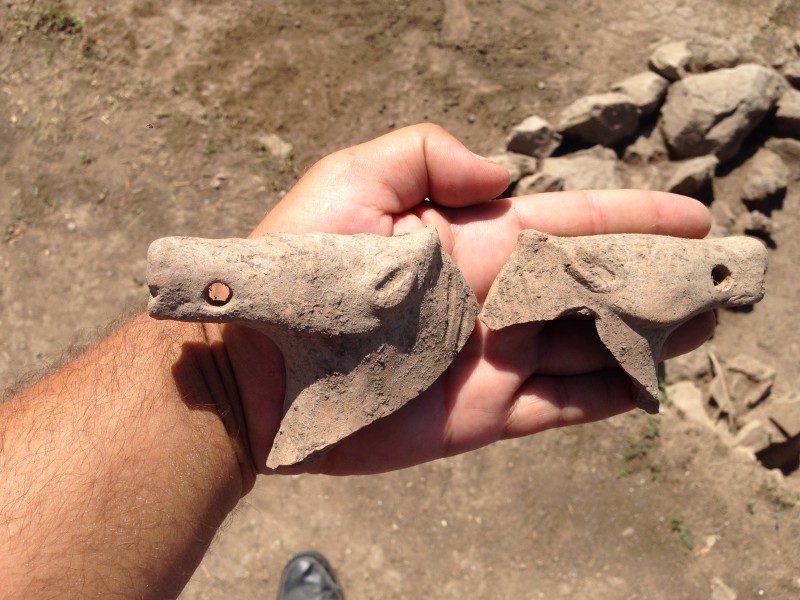
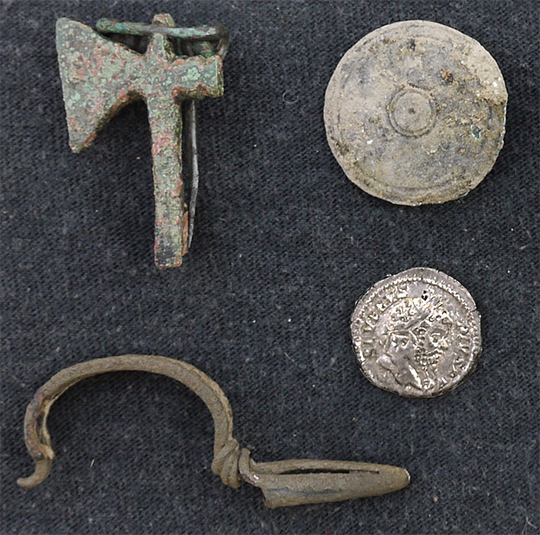
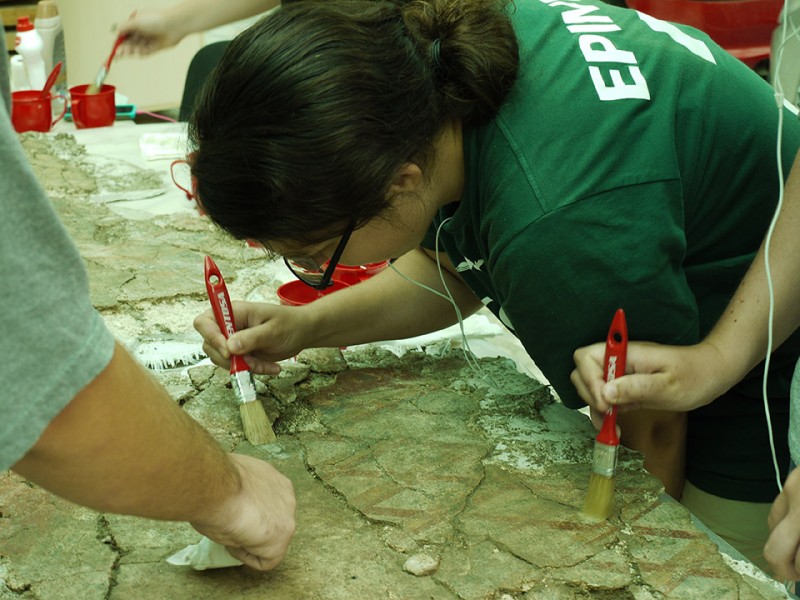
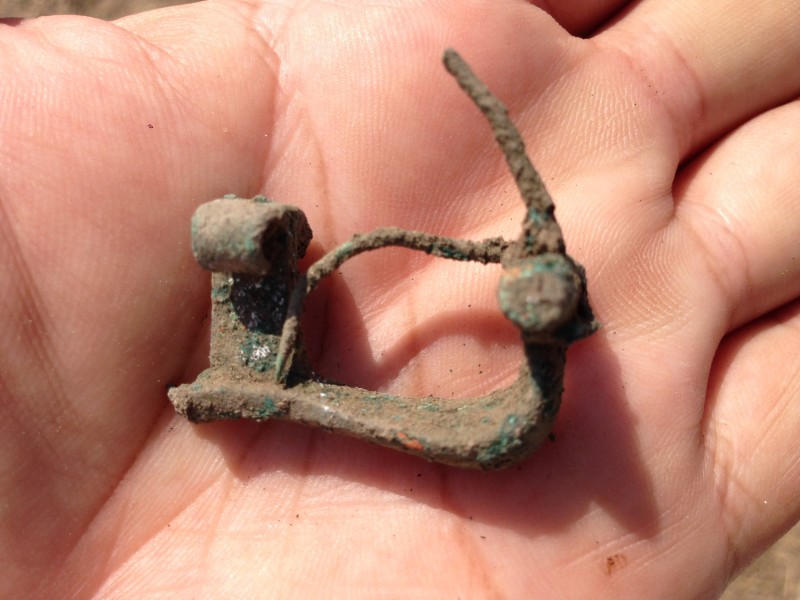
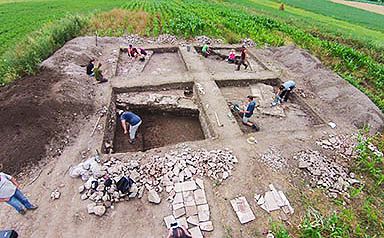
Location: Uroi-Rapolt, HD, RO
Season: June 9, 2024 to August 3, 2024
Session Dates: Session 1: June 9 - July 6, 2024 (4 weeks mandatory); Session 2: July 7 - August 3, 2024 (4 weeks mandatory)
Application Deadline: May 1, 2024
Deadline Type: Exact Date
Website: https://www.archaeotek-archaeology.org/roman-villa-excavation
Program Type:
Field School, Volunteer
RPA Certified:
No
Affiliation:
Archaeological Techniques and Research Center (ArchaeoTek Canada) and Dacian and Roman Civilization Museum (Deva, Romania)
Project Director:
Dr. Andre Gonciar (Archaeological Techniques and Research Center); Dr. William Henry (Archaeological Techniques and Research Center); Dr. Gica Baestean, Dr. Marius Barbu (Dacian and Roman Civilization Museum, Deva, Romania); Dr. Angela Balos (Romanian Ministry of Culture - Hunedoara County)
Project Description:
The mechanisms of Roman occupation of Dacia, the last Roman expansion in Europe, are very complex and not well understood. With the defeat and “suicide” of the last Dacian King, Decebalus, in 106, the structures of the local social system collapsed in parts or in whole. The new Roman presence generated a dynamic and continuous process of creolization in the new province, redefining the concepts and practices of identity, wealth and class representation along Roman traditions, in theory…
However, the realities in the field are quite more subtle. First of all, the local population was still present, controlling if not the resources proper, the various technical aspects of harvesting them. Second, the new Roman population was a very diverse aggregate of ethnic groups from across the Empire. Third, the Dacian Province presented de facto a frontier environment, constantly under pressure from foreign incursions from Germanic tribes from the north and west and the free Dacians and the Sarmatians/Scythian riders from the east.
This liminal environment generated very dynamic vectors of creolization and associated practices of identity construction. The Roman “civilizing” social constructs, based on an urbanized way of life implementing processes of alienation through technical and technological dependencies, was constantly threatened by external and internal pressures. The very rapid process of urbanization of the Dacian Provinces forced a lot of dynamic negotiation and practical creolization in the definition, construction and display of social identity and status.
This particular excavation will attempt to address these aspects of identity perception, presentation and representation. Our site is situated half way between Sarmizegetusa Ulpia Traiana and Apulum, the two most important cities of the Dacian Provinces, very close to the largest gold deposits in Europe in the Apuseni Mountains, and on the main Imperial road in Dacia. Our ground penetrating radar (GPR) survey from 2015 and 2016 has revealed a rural villa of “palatial” size, unique in the Dacian Provinces, covering ca. 1.2ha of built space. Our test excavations have unearthed a rich environment, with 2 story buildings, painted walls, potential colonnades, several buildings outside the villa complex itself and a plethora of artifacts.
Combined with a series of lectures covering Daco-Roman history and archaeology, material culture analysis, geophysical survey techniques, and associated hands-on laboratory and field training, this extraordinary environment and its associated monuments, with extraordinary surrounding natural landscapes and beautiful Transylvanian churches and castles, guarantees all students and volunteers with an incredible archaeological and cultural experience.
Period(s) of Occupation: Roman (Imperial, Provincial), Daco-Roman, Late Iron Age - Dacian
Notes:
Excavation of a rural villa of “palatial” size, unique in the Dacian Provinces (Transylvania), covering ca. 1.2ha of built space. Our test excavations have unearthed a rich environment, with 2 story buildings, painted walls, colonnades, several buildings outside the villa complex itself and a plethora of intriguing artifacts and contexts.
Project Size: 1-24 participants
Minimum Length of Stay for Volunteers: 4 weeks
Minimum Age: 18
Experience Required: Training in excavation, survey and processing provided on site. Lectures will be offered throughout the program.
Room and Board Arrangements:
We house everyone in double or triple occupancy rooms in a nearby hotel. Every room is equipped with its own bathrooms. You will experience some of the nicest aspects of Eastern European country life. Generally speaking, you will have all the advantages of a country life with the comfort of an urban environment. Breakfast and lunch are included during the work week and we will eat as a team. Students are responsible for their own dinner and meals during the weekend. Beware that Romanian cuisine is meat oriented (although we do our best to satisfy vegetarian diets as well; however, we are not able to provide a vegan or gluten-free meal option). Cost: $2395 per each 4 weeks session.
Dr. Andre Gonciar
Archaeological Techiques and Research Center (ArchaeoTek Canada)
Canada
The AIA is North America's largest and oldest nonprofit organization dedicated to archaeology. The Institute advances awareness, education, fieldwork, preservation, publication, and research of archaeological sites and cultural heritage throughout the world. Your contribution makes a difference.